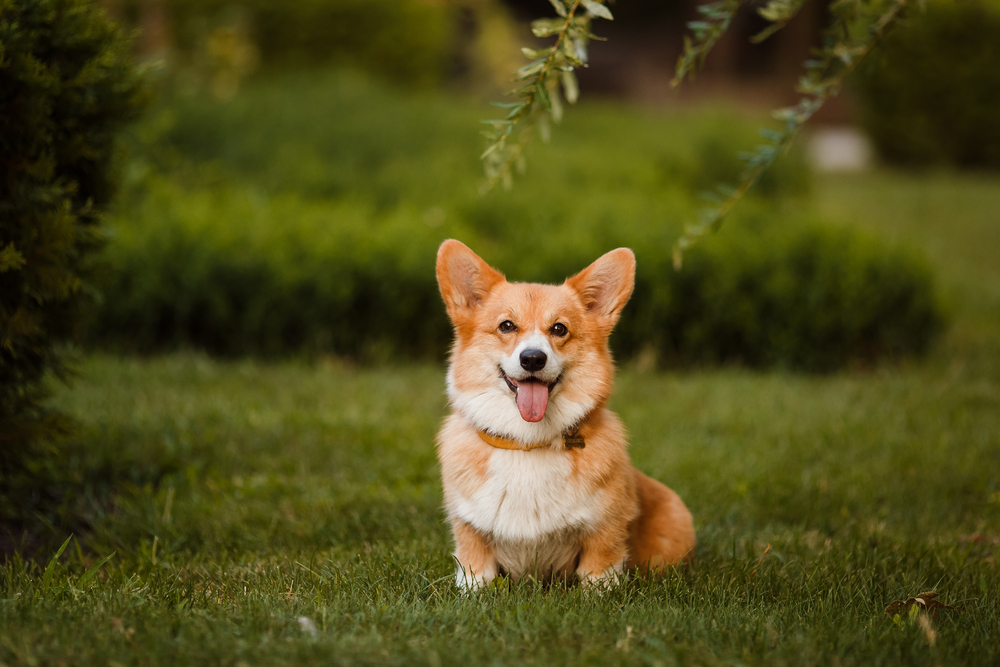Parvovirus is a highly contagious disease that can prove fatal to dogs. It is for this reason that parvovirus vaccinations are one of the core vaccinations that are recommended for all dogs, regardless of their age, health, or location. There are two different forms of parvovirus. The most common, known as intestinal parvo, attacks the cells in your dog’s intestines, preventing them from absorbing the vital nutrients that they need to be healthy. This means that an affected dog will become dehydrated and weak very quickly. The other form of parvo, known as the cardiac form, attacks the heart muscles of young puppies and unborn dogs and is nearly always fatal.
Parvovirus is usually spread through direct contact with an infected animal, or indirectly when a healthy dog comes into contact with the feces of a canine carrying the disease. This is because heavy concentrations of the virus are found in an infected dog’s stool and if a healthy dog sniffs or licks infected feces, they are extremely likely to contract the disease.
Signs and symptoms of parvovirus
The following are some of the most common signs of parvovirus.
- Severe, bloody diarrhea
- Vomiting
- Fever
- Weight loss
- Lethargy
- Loss of appetite
- Weight loss
- Weakness
- Depression
If your dog experiences any of these symptoms, you should arrange to have them checked over by your vet as soon as possible.
Diagnosing and treating parvovirus
Your vet will need to run a number of tests to confirm a diagnosis of parvovirus. These will include a physical examination, blood tests, and a fecal test that will detect signs of the virus in your dog’s stool. In some cases, urine analysis and abdominal x-rays or ultrasounds may also be carried out.
Unfortunately, the viral nature of this disease means that there isn’t actually a cure for parvovirus. Instead, the treatment that can be provided is focused on alleviating the symptoms that your pet is experiencing and preventing any secondary illness from occurring, such as a bacterial infection. The medications given will also help to strengthen your dog’s immune system so that they have a chance of fighting off the disease themselves.
Hospitalization is essential and once admitted, your dig will undergo intensive treatments that will include intravenous fluids, anti-vomiting drugs, antacids, and antibiotics. Your dog will also be given medications to protect the gastric lining and maybe tube-fed until they are stronger and healthier.
The survival rate for parvovirus in dogs is around 70% when treatment is administered promptly. However, the prognosis for puppies isn’t as good since their immune systems are still immature.
Parvovirus prevention
As we know, parvovirus vaccines are recommended for all dogs and are the best way to keep your canine companion safe from this deadly disease. It is essential that you follow the vaccinations schedule that is recommended to you by your vet to ensure that your dog remains fully protected at all times. The vaccinations against parvo begin when your pet is just a puppy, at around 8 weeks old. However, it is crucial that owners are aware that their puppies are not fully protected against parvovirus until they have had all of their initial course of vaccinations. This is because only smaller doses of the vaccine are able to be given due to your puppy’s size. Once the initial course of parvovirus vaccinations has been administered, you should only socialize your pup in controlled, private environments with dogs who are already fully vaccinated.
For more information about parvovirus and parvovirus protection, please speak to our knowledgeable and dedicated veterinary team.


